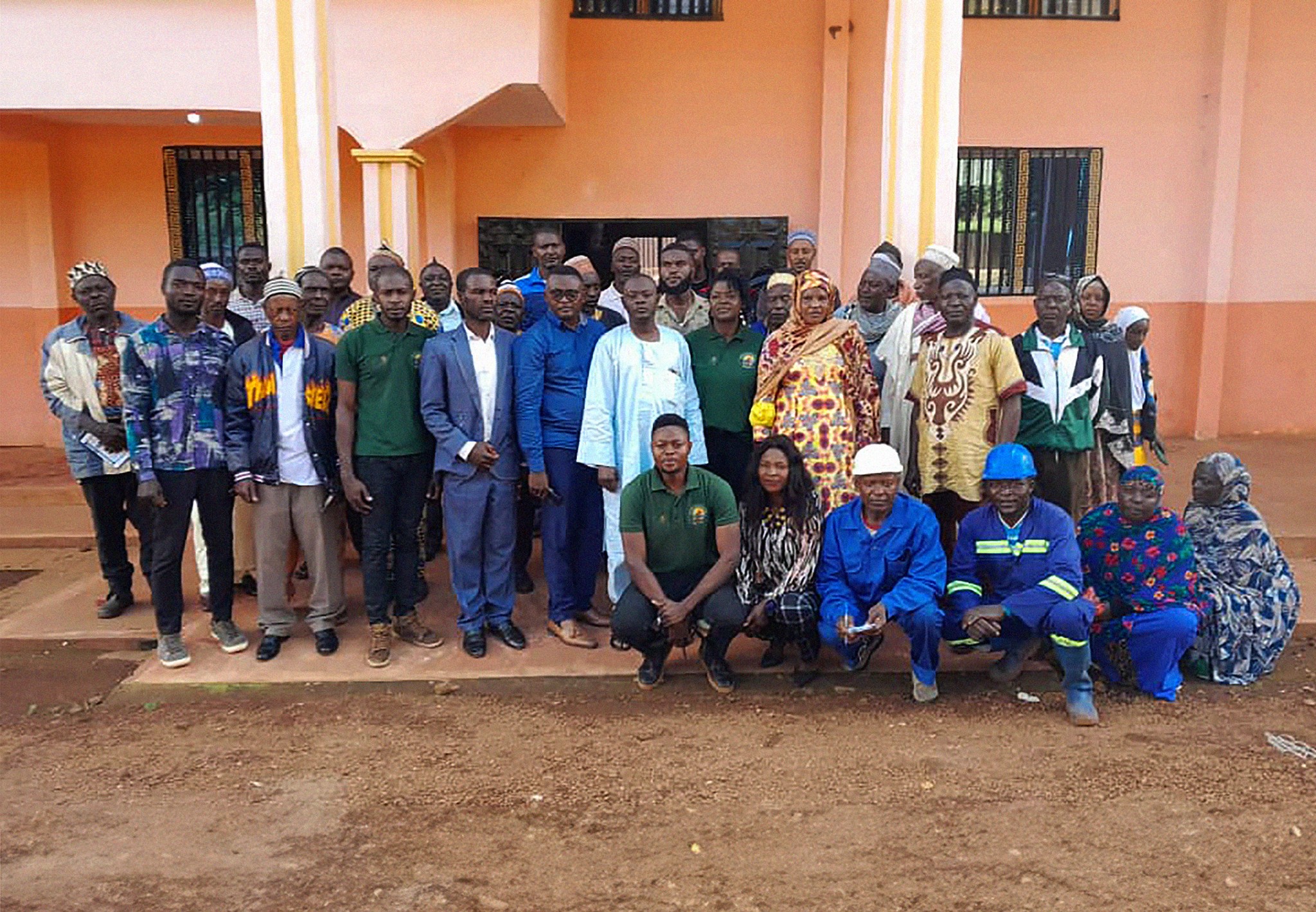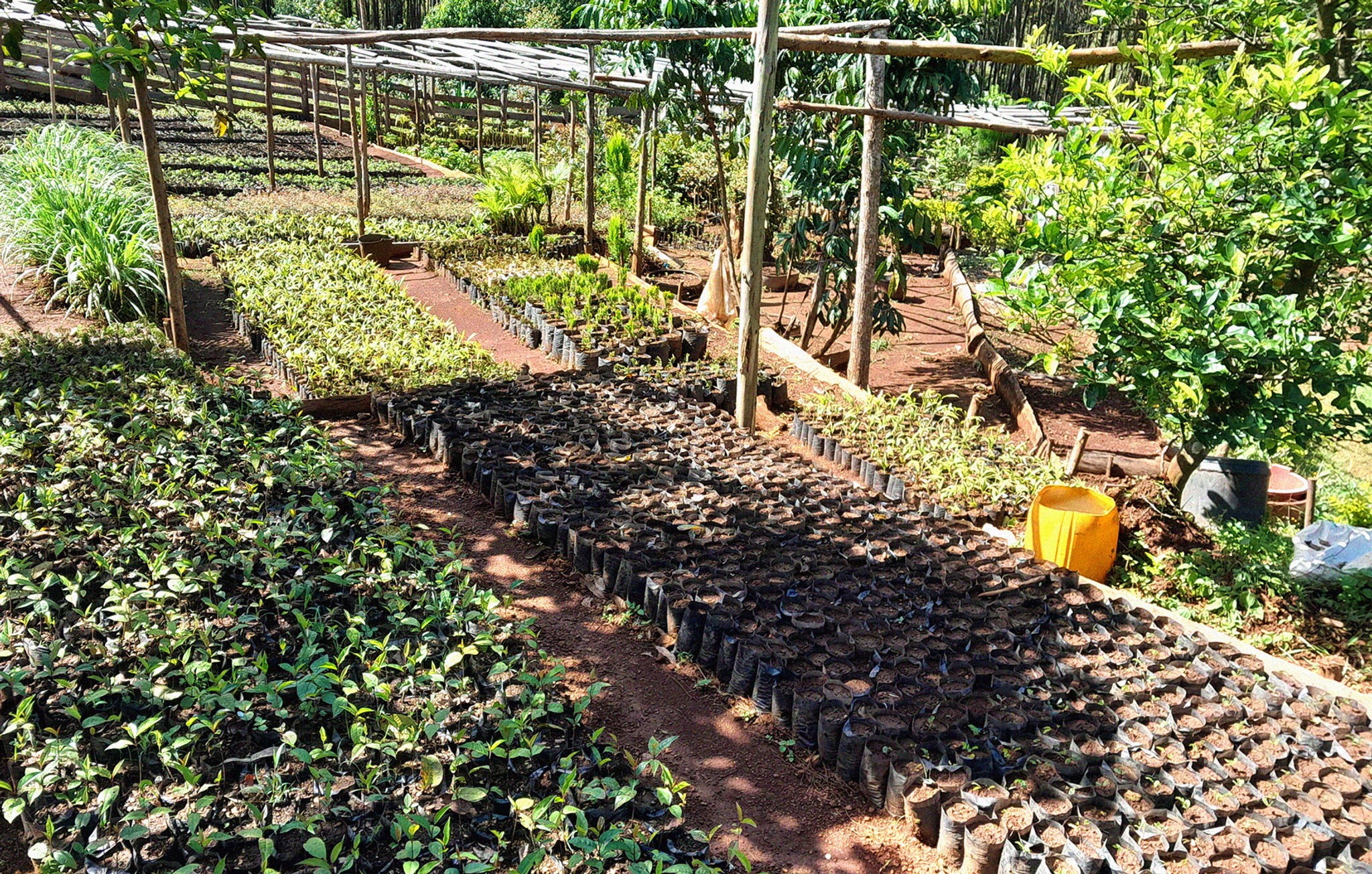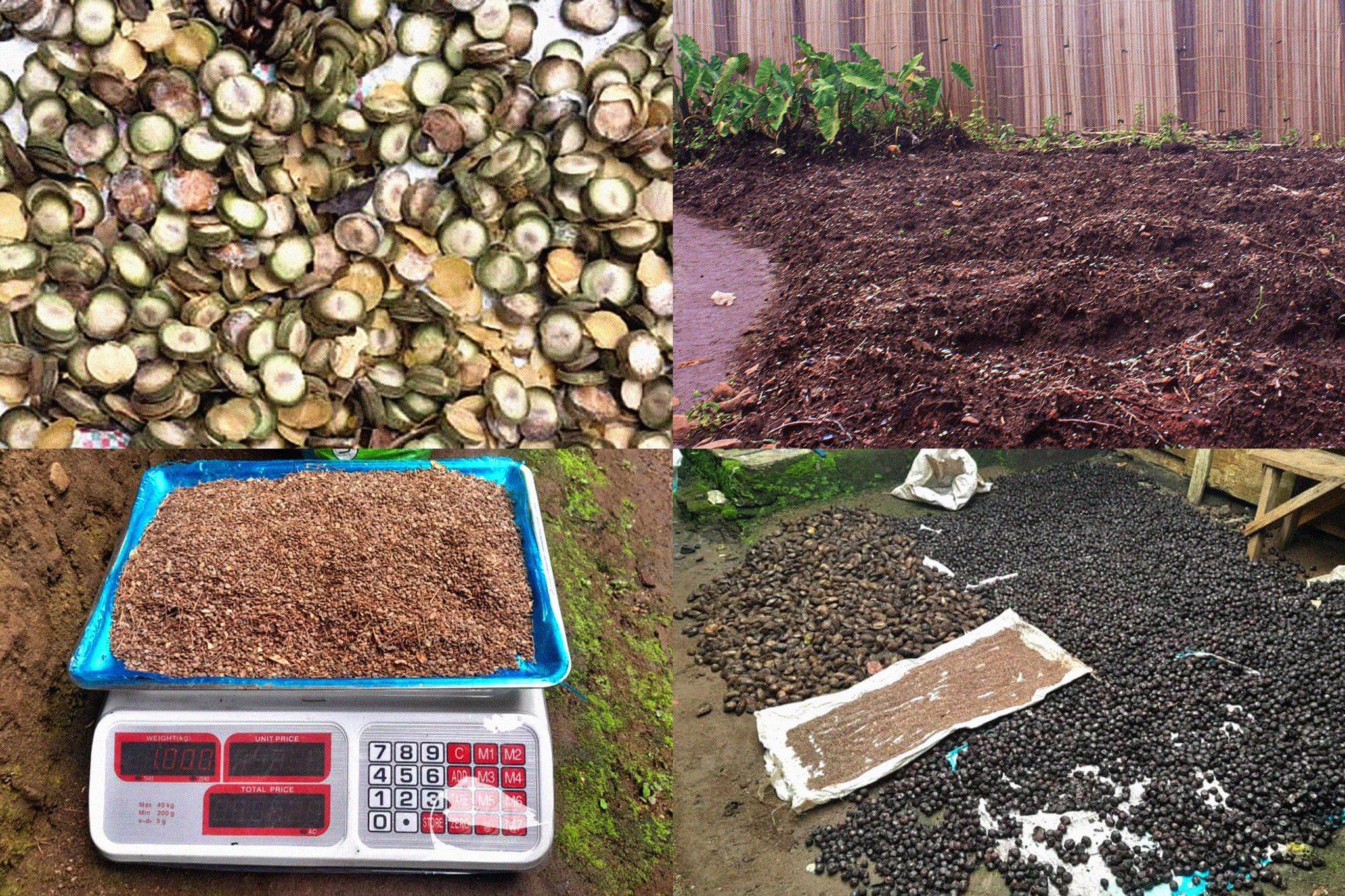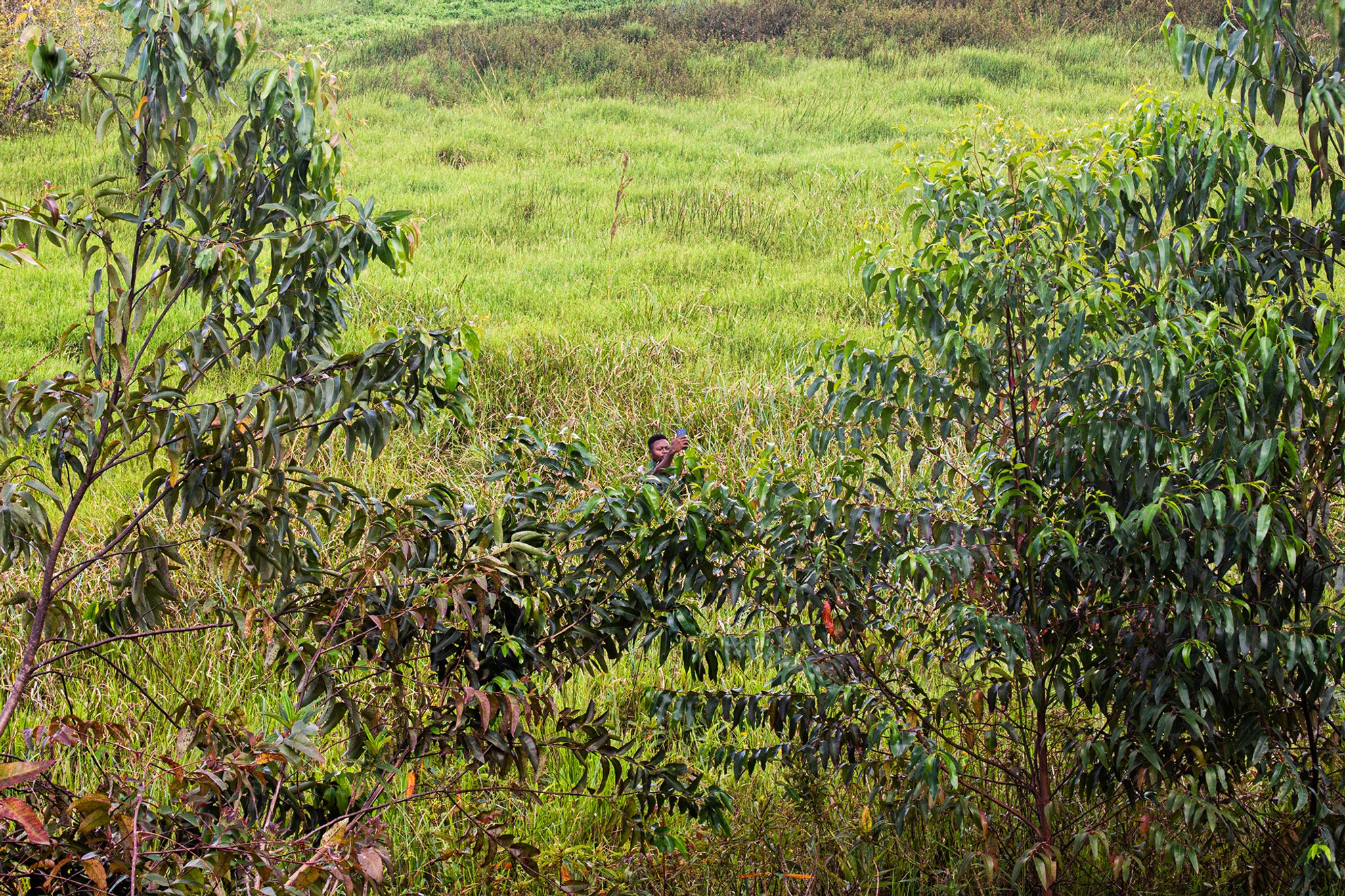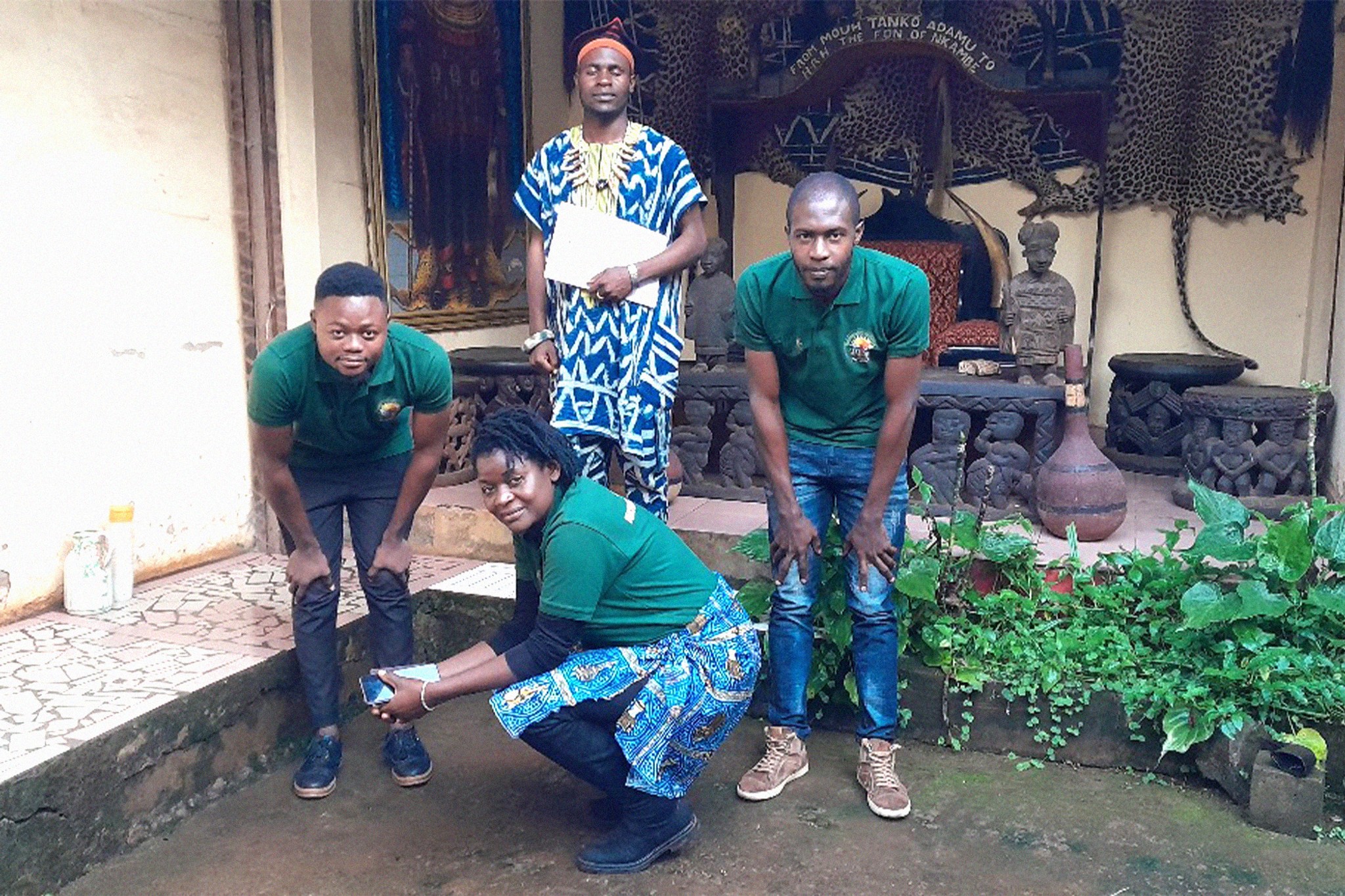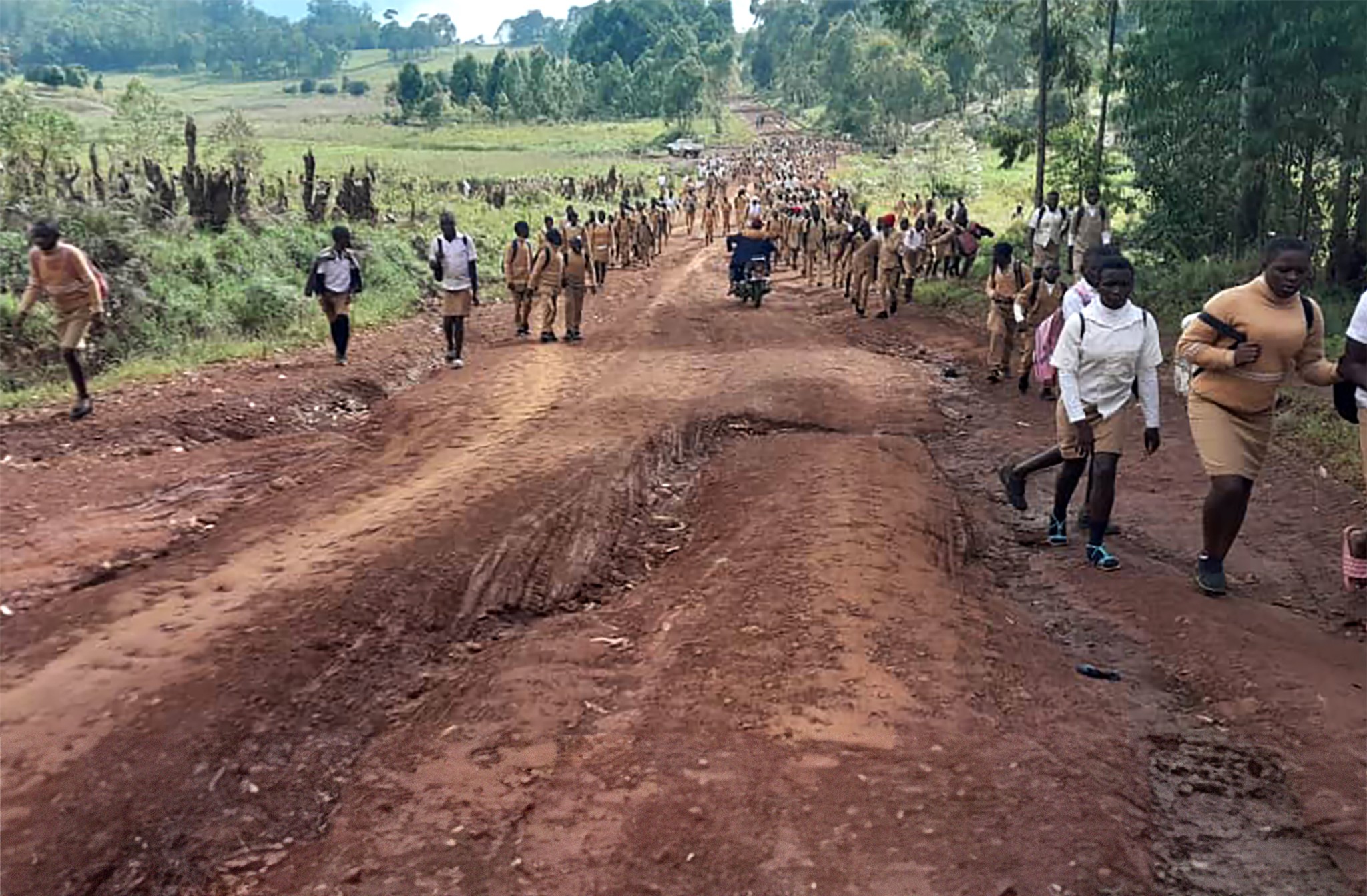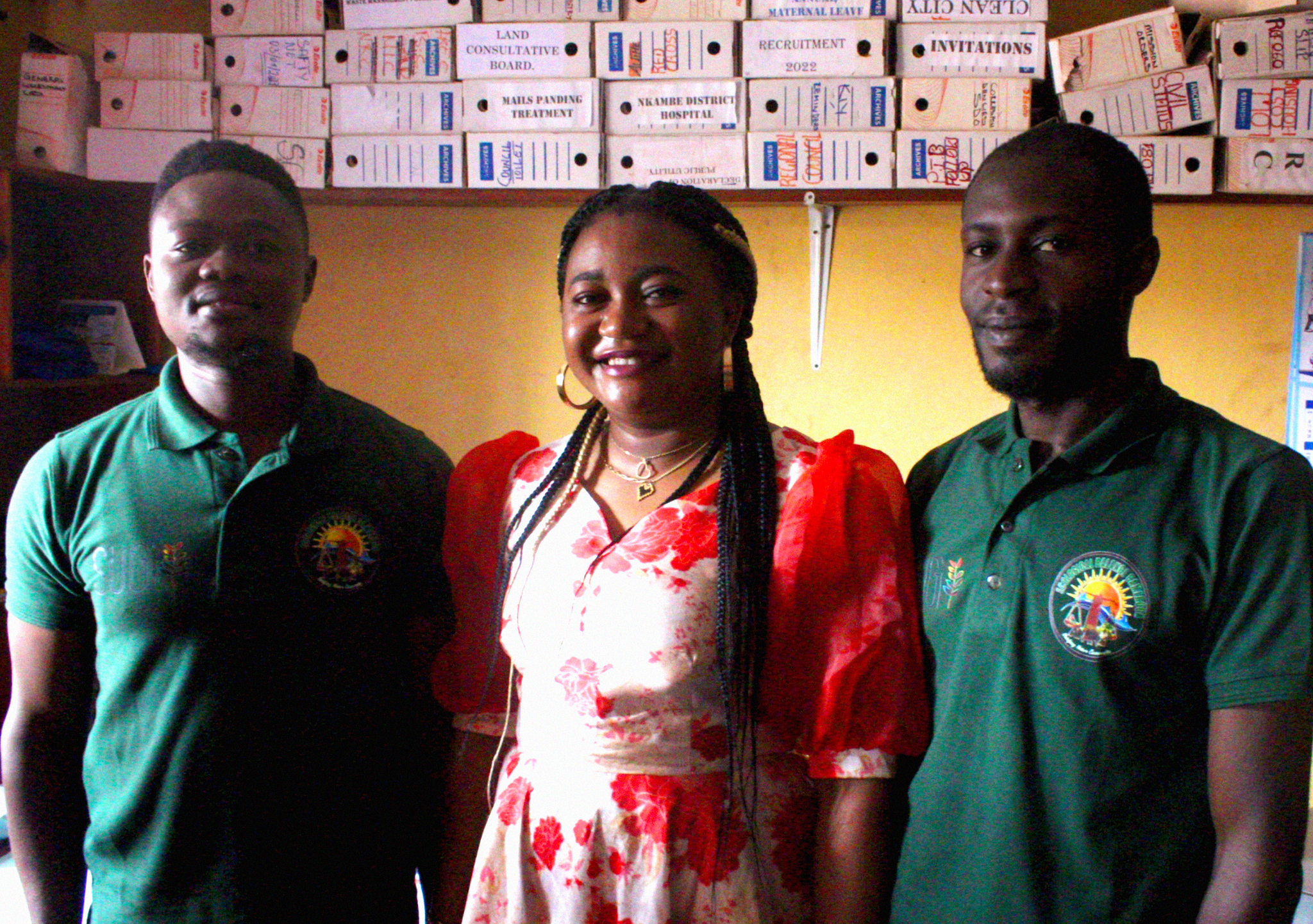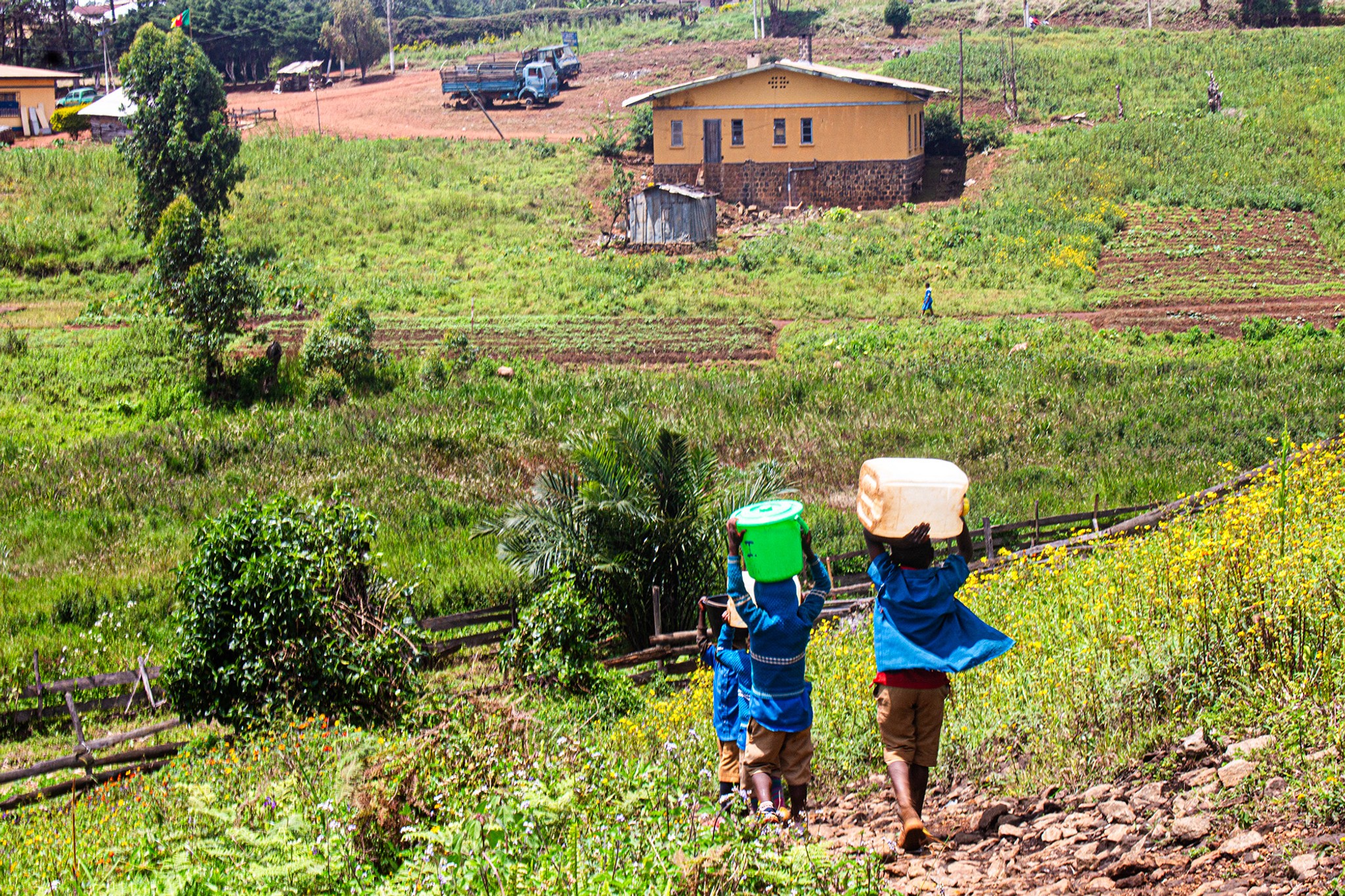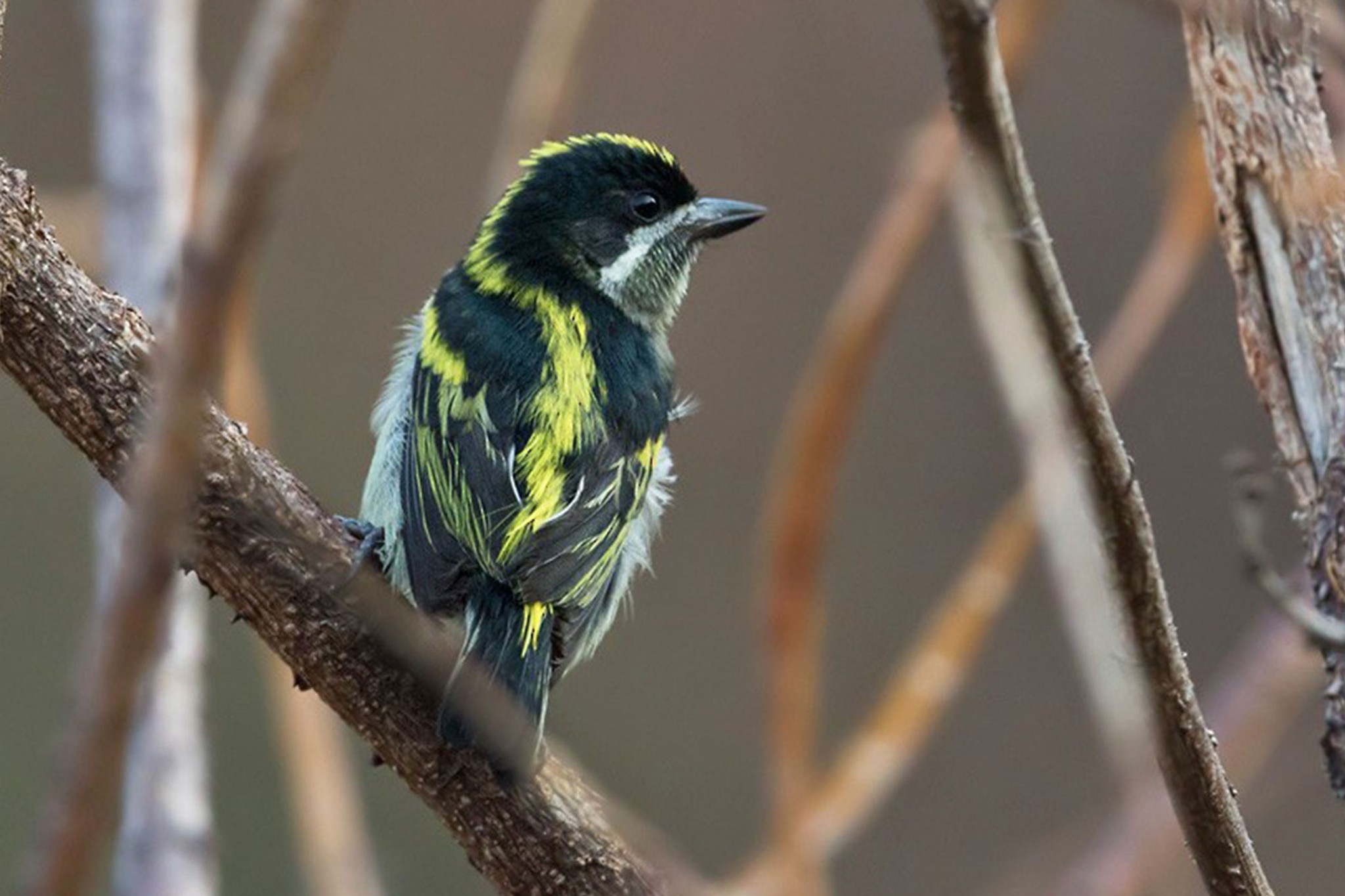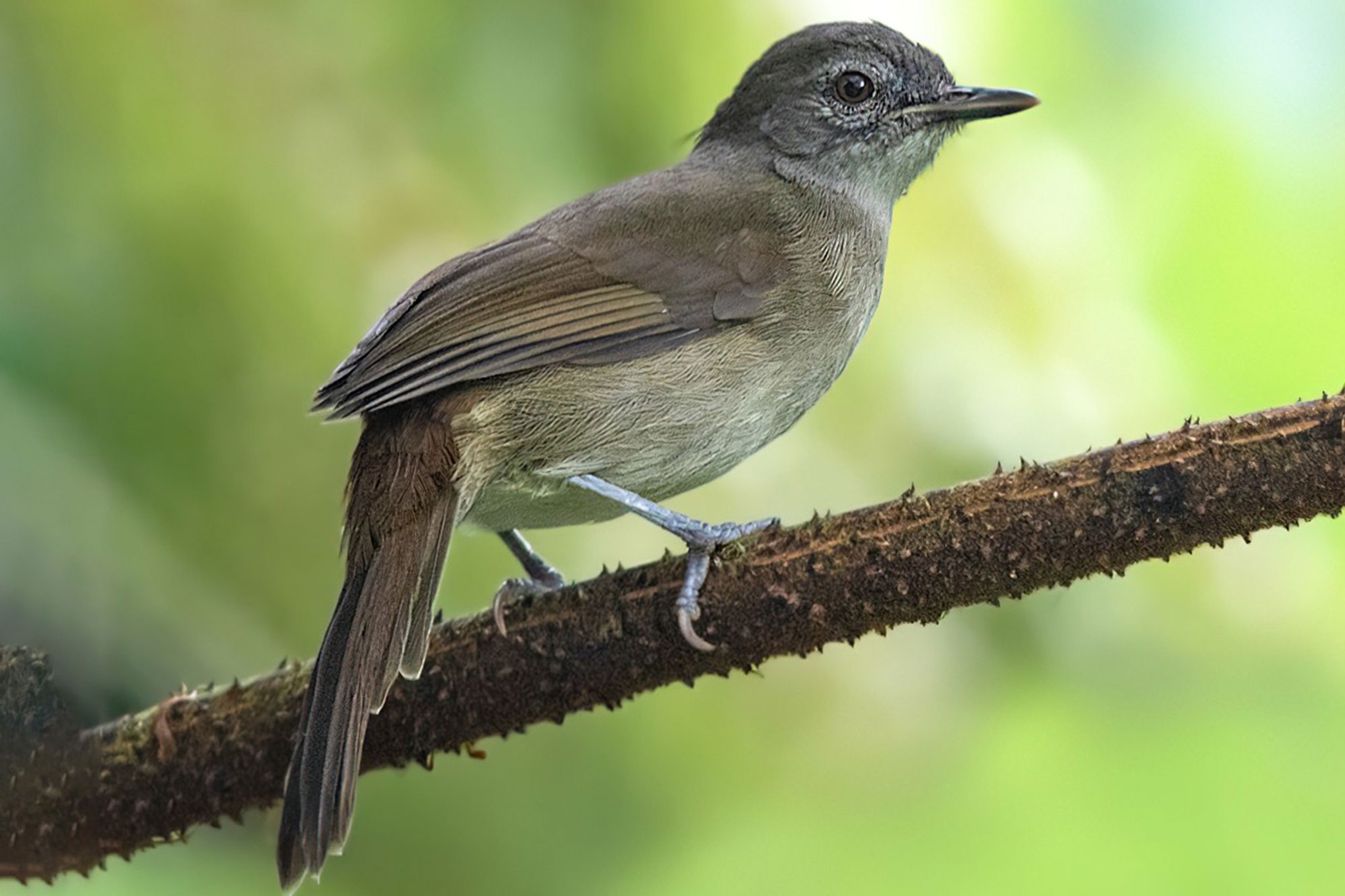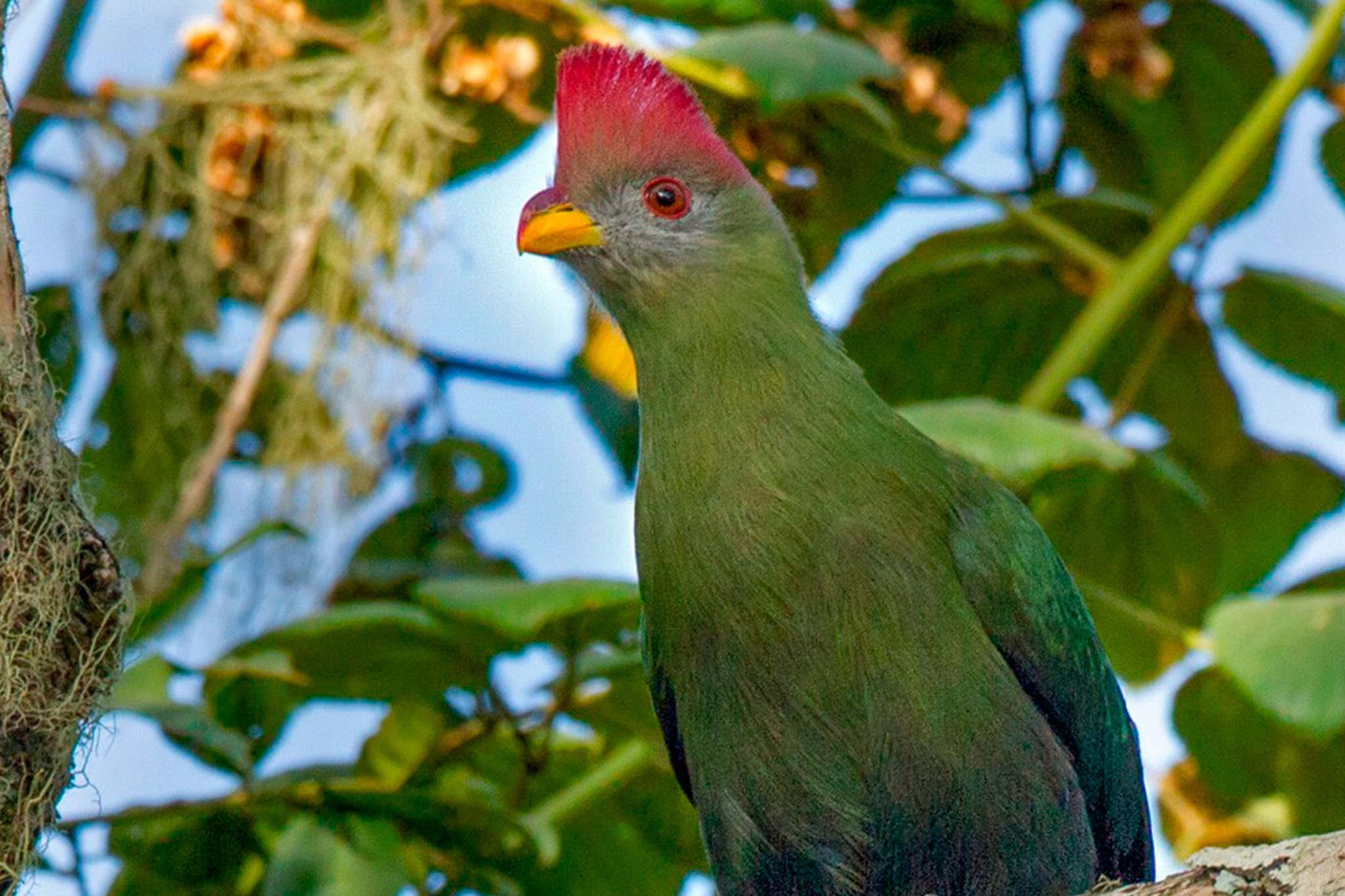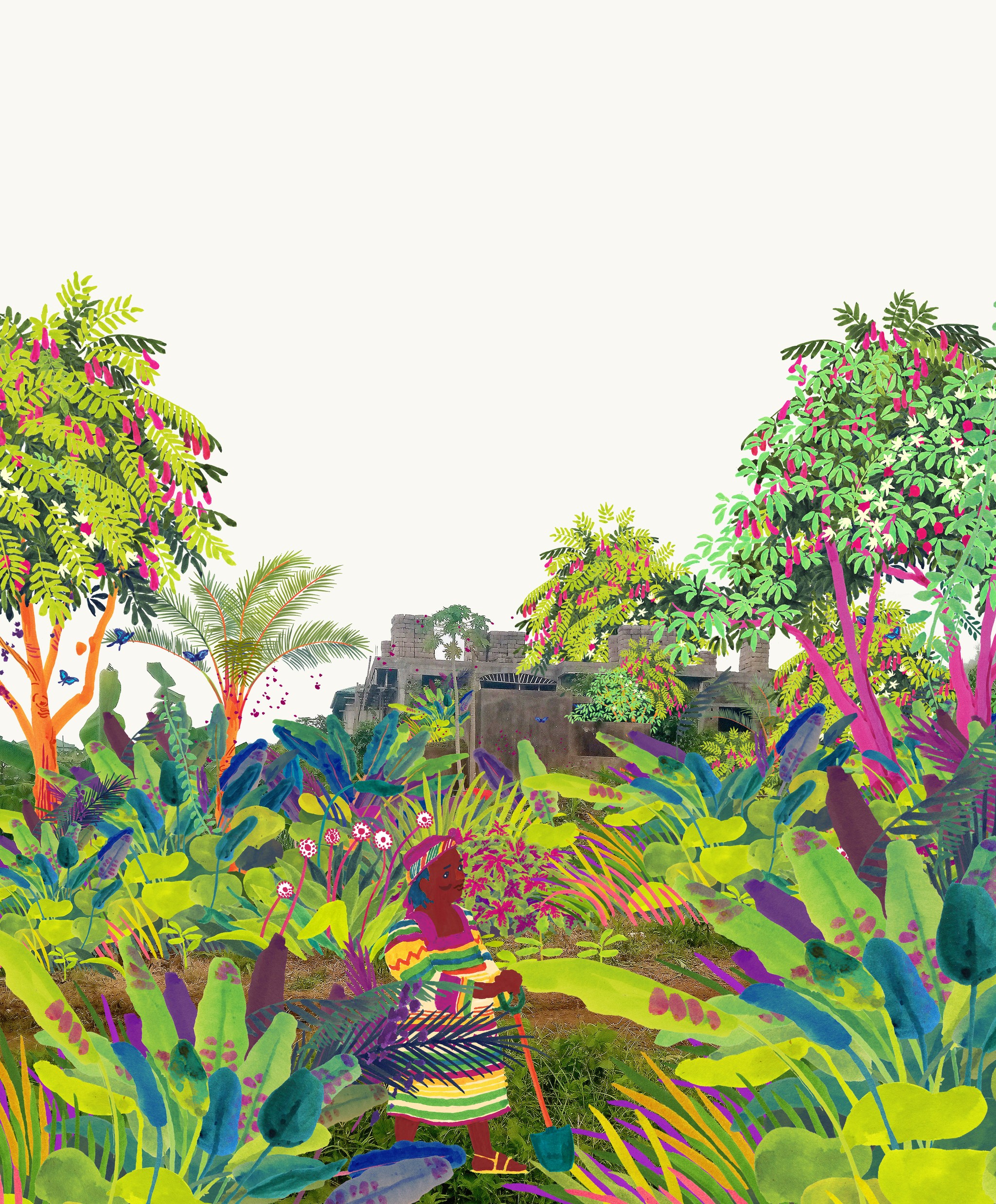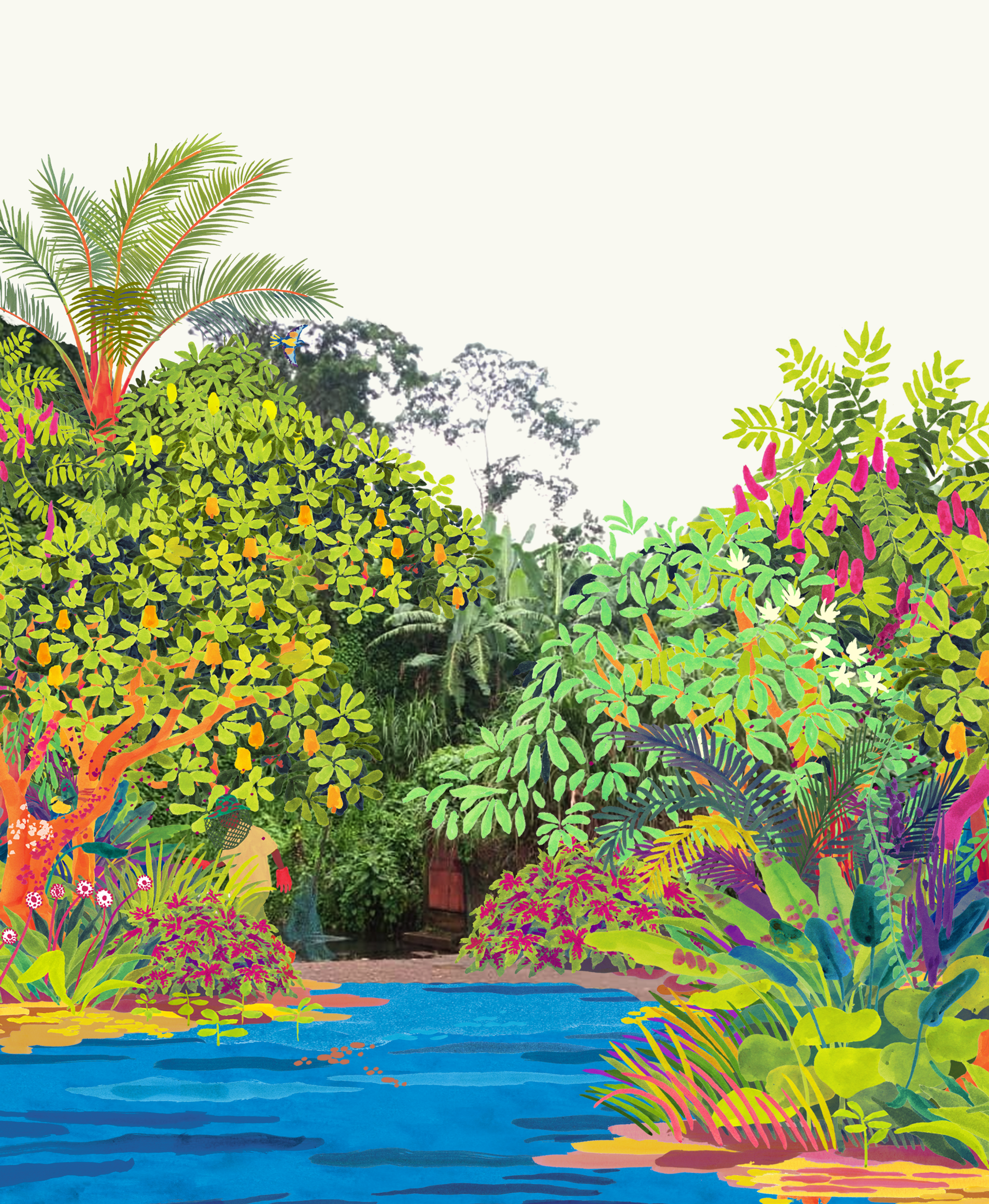Nkambe River Revival Forest
Bringing communities together to revive water catchments.

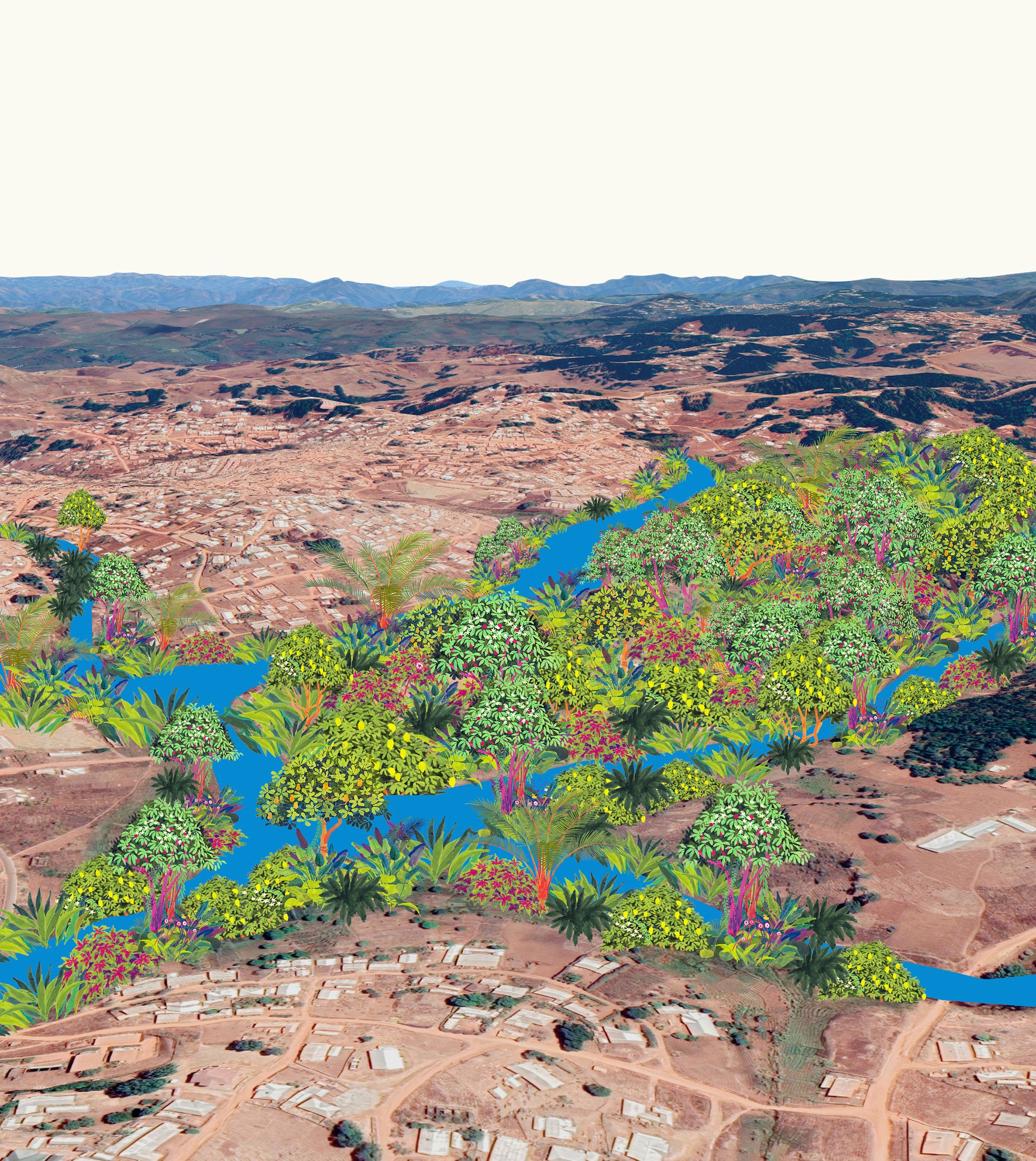
0
Trees
0
Hectares
0
Native Species
The Nkambe River Revival Forest is an ambitious project with a tripartite aim:
1) To restore degraded forest ecosystems and bring back biodiversity.
2) Improve access to drinking water in an area where water bodies are drying up due to decades of poor land management.
3) To create the infrastructure around these activities, which in turn will generate and sustain jobs for local people.
The project will begin in the town of Nkambe in Northwest Cameroon, where 36 hectares of land around rivers and waterways will be rewilded. Over 1,000,000 saplings will be planted as part of this initiative.
The aim of this pilot is to mobilise communities across the region and, in doing so, secure the environmental and economic futures of local people. Over the long term, up to 10,000 hectares of land could be managed based on this model across Northwest Cameroon.
Forest Maker
Limbi Blessing Tata
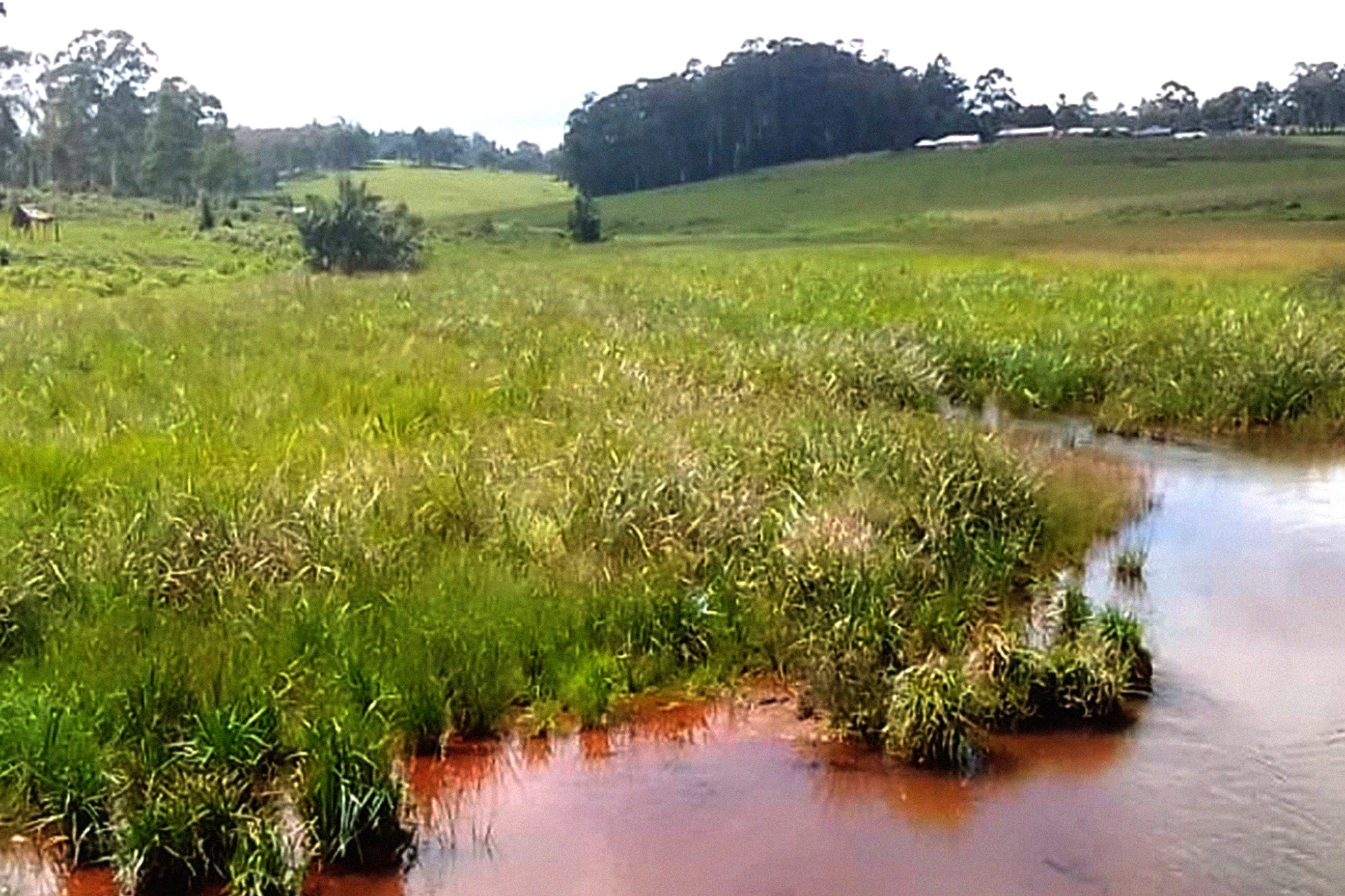

Forest Design
Nkambe is the name of a municipality with over 15 communities. Nkambe town has 13 different streams (and water catchments) most of which empty into the 2 main rivers flowing through town.
Our plan is to plant 10 meters on each side of both rivers. The length of the streams is 2.5 km.
A network of community nurseries will be established across Nkambe that will supply native saplings directly to the plantings as they take place. The nurseries will also employ local people, providing them with training and an income so that they become integrated into the supply chain as land restoration interventions across the region grow and multiply.
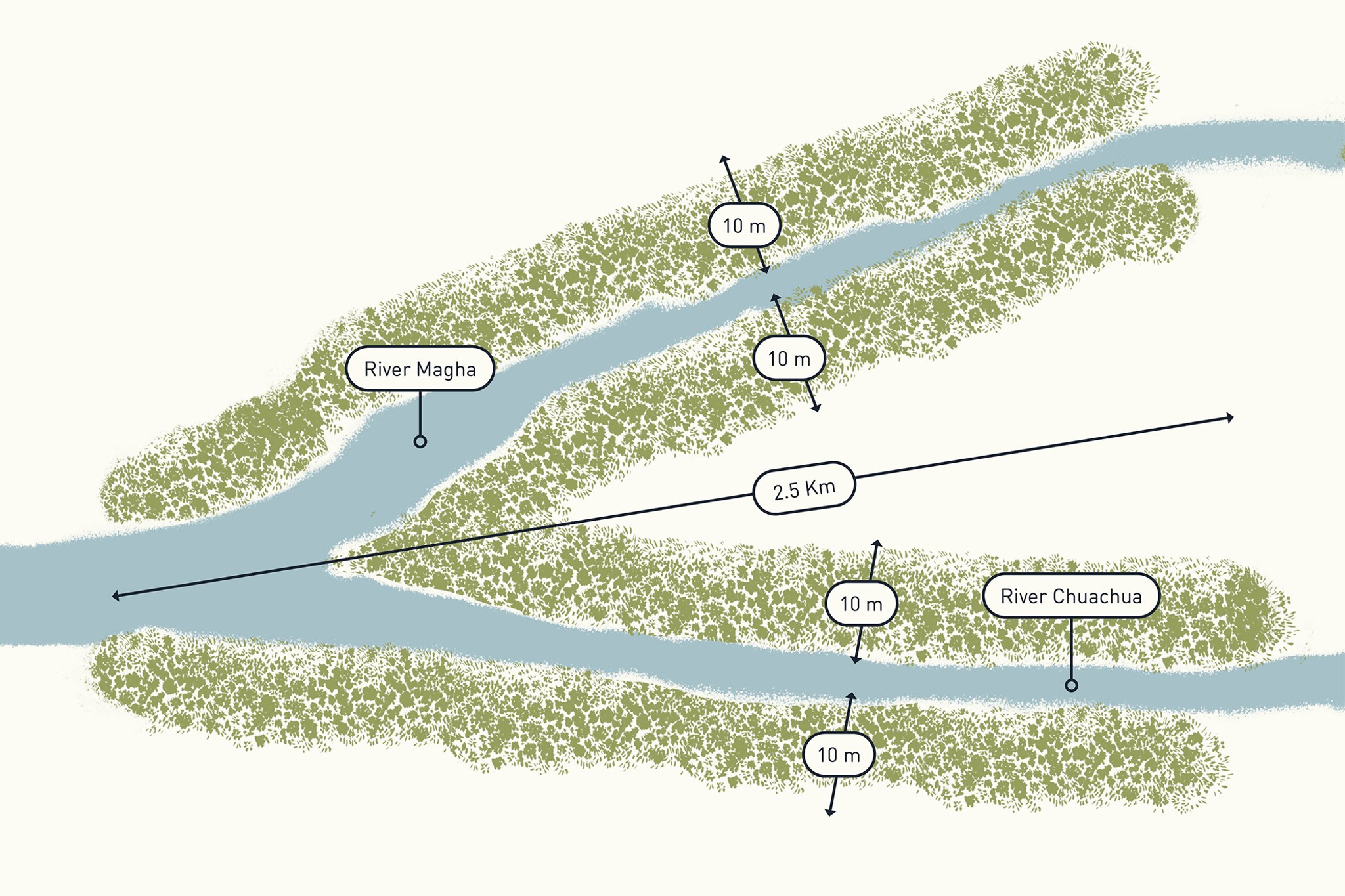
Planting: July 2024

“It is common in our community for each household to walk an average of 2km to get water. The two main rivers running through Nkambe Town dry completely up in the dry season.”
Limbi Blessing Tata, SUGi Forest Maker
Forest Journal:
November 2023
The project was presented to a cross-section of stakeholders in the Nkambe community; farmers, cattle rearers, water management committees, traditional rulers, representatives of youth groups, women's groups, schools, market etc. Speakers from the Nkambe Council, the department of Environment, forestry and water resources. Also represented were all government officials.
The goal of the meeting was for the participants to understand the project and to inform their institutions about the role they have to play.
Meanwhile over 200,000 seeds of 8 native species have been collected and are being nursed.
We are ready!
Forest Journal:
October 2023
Summary of all preparatory activities:
1: Stakeholder meetings have been held (each one received a project information kit) and have the support of all stakeholders.
2: Project sites are surveyed and for this first phase of the project, we will be planting along River Magha and her tributaries .
3: A total of 10 community nurseries have been earmarked (GPS points, size) and 1 central nursery. The central nursery is under construction and over 3000 seeds are being nursed.
4: Meanwhile, we are building a species list for the area. This would be the first and most comprehensive work done on the vegetation/native species of the area. Our main target now is to establish and/or expand all 11 nurseries while continually building the native species list
5:The Secretary General at the Nkambe municipal council has been assigned specially to the project, the Fon of Nkambe wants to be directly involved and informed because of the importance of the project.
Expected Outcomes
- Creation of 35 local nurseries.
- Full-time employment and training for 245 local people created.
- Learning-by-doing training of 50 women per year in perpetuity; in the production of non-timber forest commodities (e.g. castor oil production & honey harvesting).
- 1,080,000 tree and bush saplings planted across 89 acres of land.
- At least 250 local volunteers recruited to undertake reforestation, afforestation & monitoring activities.
- Improved access to potable and agricultural water supply.
- Innovative waste, agricultural, and land management practices demonstrated.
- Environmental education and outreach on sustainable forest management and biodiversity conservation.
Native Birds
Nkambe is located in an afrotropical highland region that is critical for several species of bird, including:





